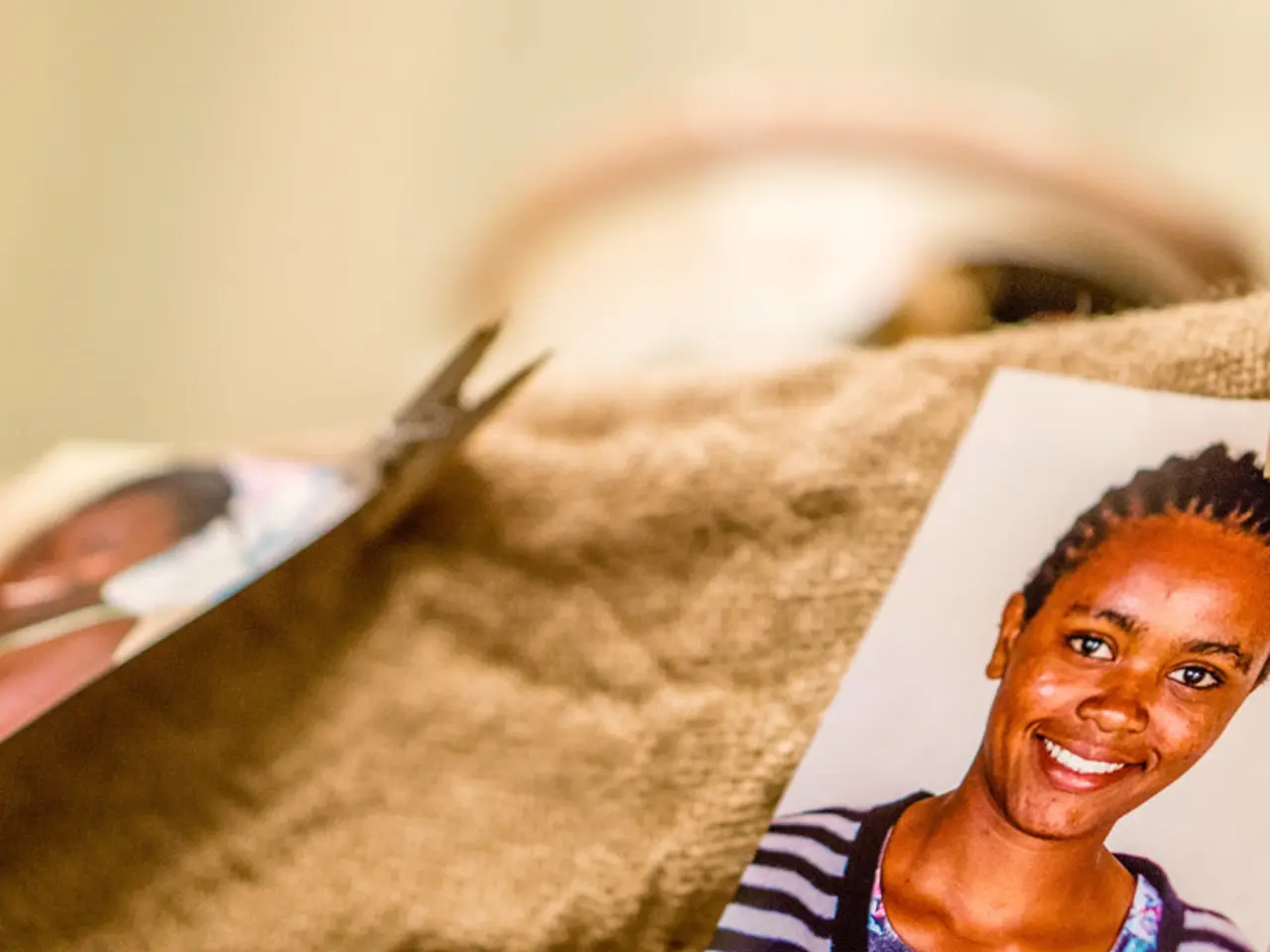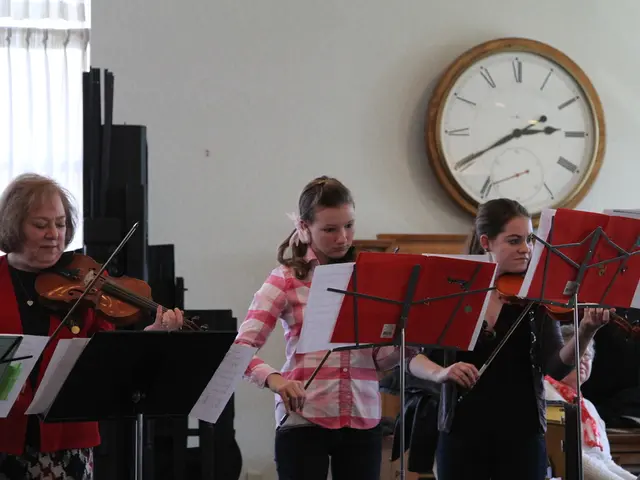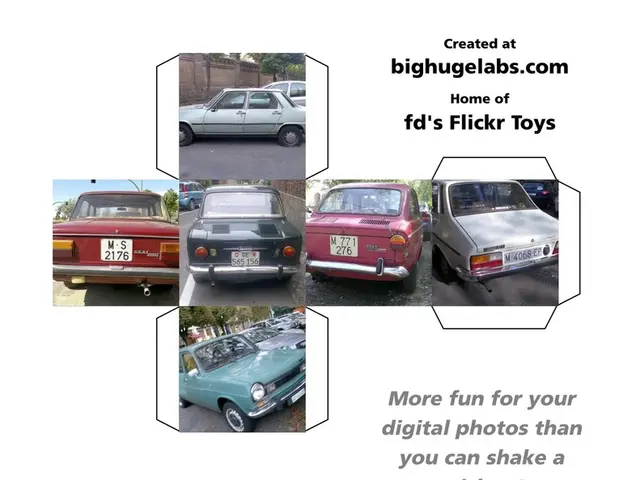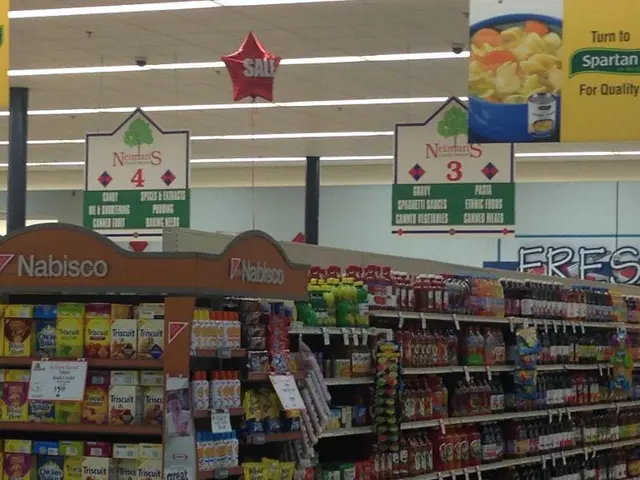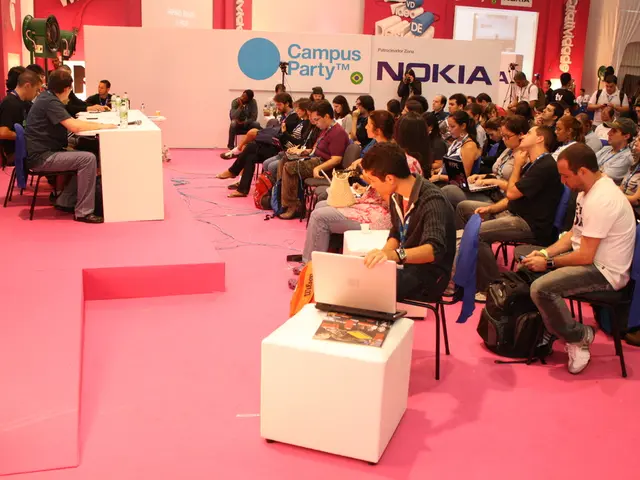Social Media Emerge as Essential Requirements in U.S. Visa Application Process
The United States has implemented a new policy that requires all foreign nationals applying for F (academic student), M (vocational student), and J (educational and cultural exchange) visas to disclose their social media accounts as part of the visa application process. This policy, which affects applicants worldwide, was mandated by the U.S. Department of State (DOS) starting June 18, 2025, as part of an enhanced vetting process under Executive Order 14161 signed on January 20, 2025.
The policy aims to enhance national security by screening visa applicants' social media for potential red flags such as antisemitic content, pro-terrorist sentiment, violent political speech, fraud or misrepresentation, and improper immigration intent on nonimmigrant visas. Applicants must disclose all social media handles used during the last five years on form DS-160 and set accounts to ‘public’ for officers to access.
This expanded policy is part of a broader immigration platform under the Trump administration, aiming to prevent security risks through more thorough vetting, now including digital footprints. The policy has been implemented globally, impacting countries such as Nigeria, which is the seventh largest source of international students in the U.S., according to the 2024 Open Doors report. Enrollment of international students from Nigeria has increased by 13.5% in just a year.
The new policy has sparked concerns about the impact on academic opportunities for international students, particularly those from Africa. Citizens of these countries face higher barriers, including shorter visa durations and costly travel bonds ranging from $5,000 to $15,000. The internet, where people often curate, exaggerate, and role-play, is now being used as a basis for identity checks in the U.S. visa process. A sarcastic tweet, a political meme, or the wrong kind of follower could potentially impact a visa application negatively.
Digital traces can be messy and context can be easy to misinterpret, potentially leading to unfair assessments. However, the U.S. Mission in Nigeria has announced that all visa applicants must provide the usernames of every social media account used in the last five years. The use of social media accounts in visa applications is a part of a broader strategy to enhance identity checks in the U.S. visa process.
The U.S. visa process is no longer just about paperwork; it's about an applicant's online presence. Social media activity, including posts, memes, and followers, is being used as a window into applicants' intentions and associations. This strict scrutiny has extended across Africa, affecting countries like Cameroon, Ethiopia, Ghana, and Malawi.
This requirement is a significant shift in the U.S. visa process, moving beyond traditional methods to include digital footprints in the vetting process. As the policy continues to be implemented, it will be interesting to see how it impacts the influx of international students and visitors to the U.S. in the coming years.
[1] U.S. Department of State. (n.d.). Executive Order 14161: Enhancing Vetting Capabilities and Processes for Detecting Attempted Entry into the United States by Terrorists or Other Security Risks. Retrieved from https://www.state.gov/executive-order-14161-enhancing-vetting-capabilities-and-processes-for-detecting-attempted-entry-into-the-united-states-by-terrorists-or-other-security-risks/
[2] U.S. Department of State. (n.d.). DS-160 Online Nonimmigrant Visa Application. Retrieved from https://ceac.state.gov/genniv/
[3] Institute of International Education. (2024). Open Doors Report on International Educational Exchange. Retrieved from https://www.iie.org/Research-and-Insights/Open-Doors
[4] The White House. (2025, January 20). Executive Order on Enhancing Vetting Capabilities and Processes for Detecting Attempted Entry into the United States by Terrorists or Other Security Risks. Retrieved from https://www.whitehouse.gov/briefing-room/presidential-actions/2025/01/20/executive-order-on-enhancing-vetting-capabilities-and-processes-for-detecting-attempted-entry-into-the-united-states-by-terrorists-or-other-security-risks/
